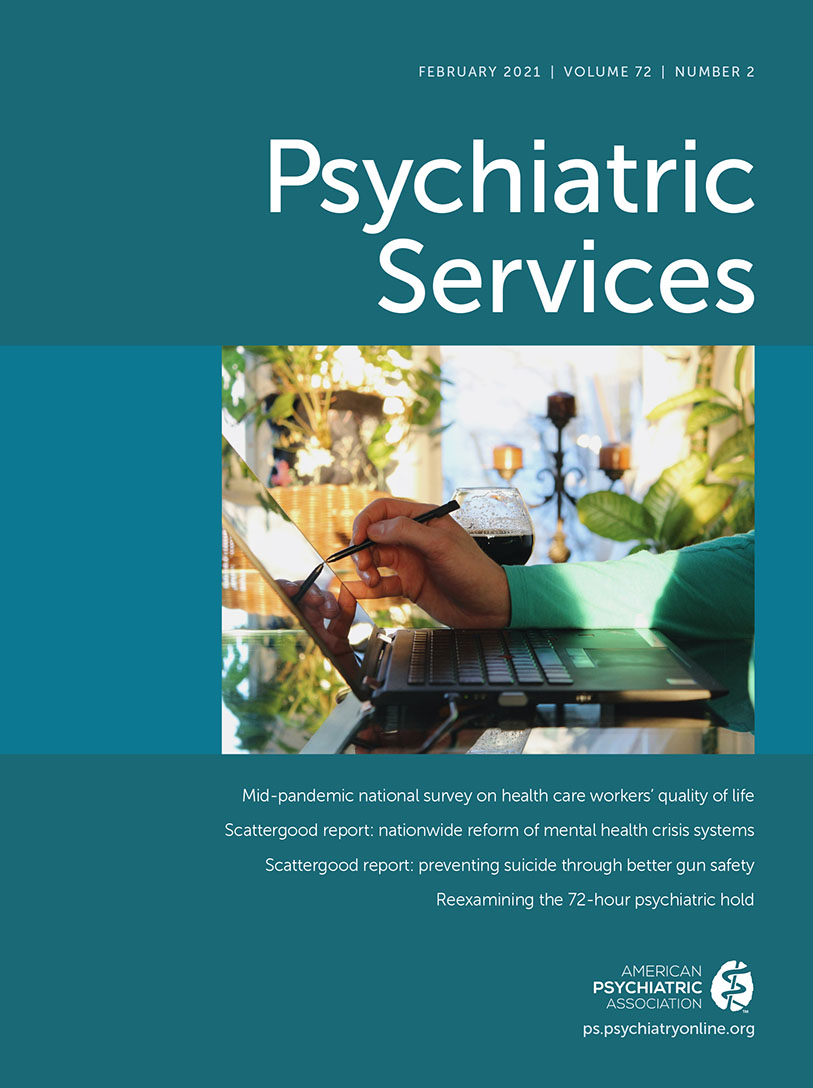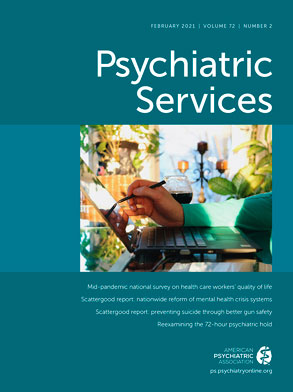The recent U.S. protests have spotlighted the systematic racism faced by veterans of color. I am a U.S. Department of Veterans Affairs (VA) peer support specialist, a person with “lived experience” who has been trained to support those who struggle with mental health, psychological trauma, and/or substance use. Personal experiences of these challenges enable specialists to provide support to other veterans that professional training cannot replicate.
The killing of George Floyd and the subsequent protests throughout the summer have contributed to increased stress and anxiety among many veterans in minority groups I work with at the VA. In my conversations with them, many brought up these events and talked about racial bias against people of color. They expressed frustration, agitation, and, most importantly, fear. As an African-American man, I can relate to their experiences. I was born during the social unrest of the ’60s. I witnessed my parents and community fight against inequality in housing, education, employment opportunity, and health care. I live the daily stress of being an African-American man in this country. As the level of tension between the police and African Americans continues to rise, I, like many other parents in my community, am fearful of what the future holds for my children and grandchildren.
As a veteran in recovery, I am keenly aware that frustration and fear can be paralyzing and can even lead to emotional distress and maladaptive behaviors, such as substance abuse. Consequently, I prioritize self-care for myself and my clients. Self-care is even more important during times of social unrest. In my role as a peer support specialist, I offer support and provide an outlet for veterans to express themselves without judgment, to openly talk about the systemic racism they face daily, and to process their experiences safely. I also encourage veterans to reflect on their social experiences, to examine how those experiences affect their mental health, and to seek professional help if wanted.
I am grateful to work as a peer navigator in the PARTNER-MH (Proactive Recovery-Oriented Treatment Navigation to Engage Racially Diverse Veterans in Mental Health Care) patient navigation program at the Richard L. Roudebush VA Medical Center. It is designed to meet the unique needs of veterans in racial-ethnic minority groups and emphasizes the role of veterans’ social contexts, including their experiences of racial discrimination in mental health care. The program’s focus on addressing social determinants of health and veterans’ lived experiences is even more relevant in the context of increasing social, economic, and health disparities faced by communities of color, especially as a result of the COVID-19 pandemic.
To grow as a nation and to improve the health of all veterans, we must learn to unite in mutual understanding and respect for all people. As a veteran and peer support specialist, I plan to do my part by working toward health equity. I will continue to increase my knowledge base and hone my skills as a peer specialist to provide the highest quality of care possible. Additionally, I hope to empower veterans by sharing my own recovery experience to inspire them to hope for themselves, and I will advocate for health equity for all people. Among my colleagues, I hope to represent a picture of what recovery can look like. I also hope that mental health professionals will continue to reflect, to evaluate how to best meet the needs of veterans in racial-ethnic minority groups, and to promote health equity in their own systems.
It has been said that if a person finds a job he loves, he never has to work a day in his life again. This saying defines how I feel about my work as a peer support specialist. The help I received in overcoming my own struggles with depression and substance abuse inspired me to help others who experience mental health issues and substance abuse. Being of service to others, helping them face and overcome their challenges, offers me a sense of validation that my life experiences are serving a purpose and strengthens my own recovery. I truly believe that I benefit just as much as the veterans I work with. I am humbled and honored to find myself helping other veterans improve their quality of life.

